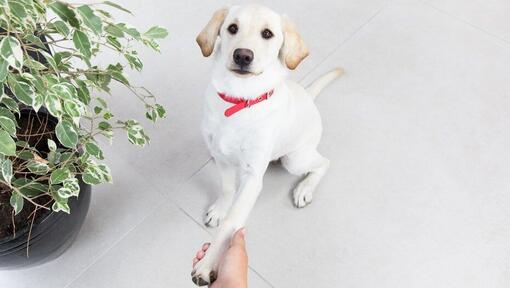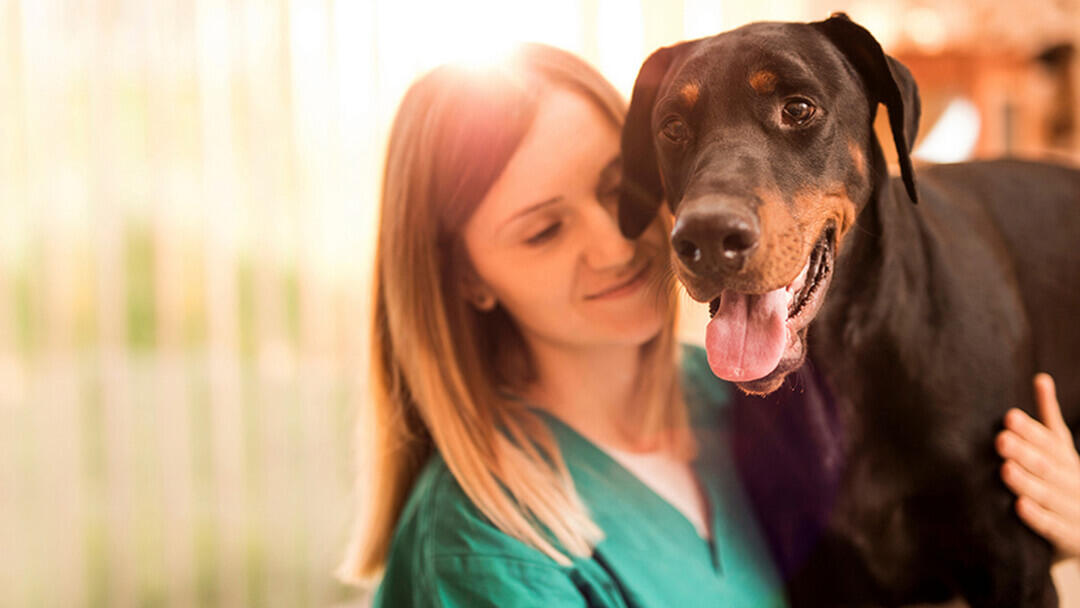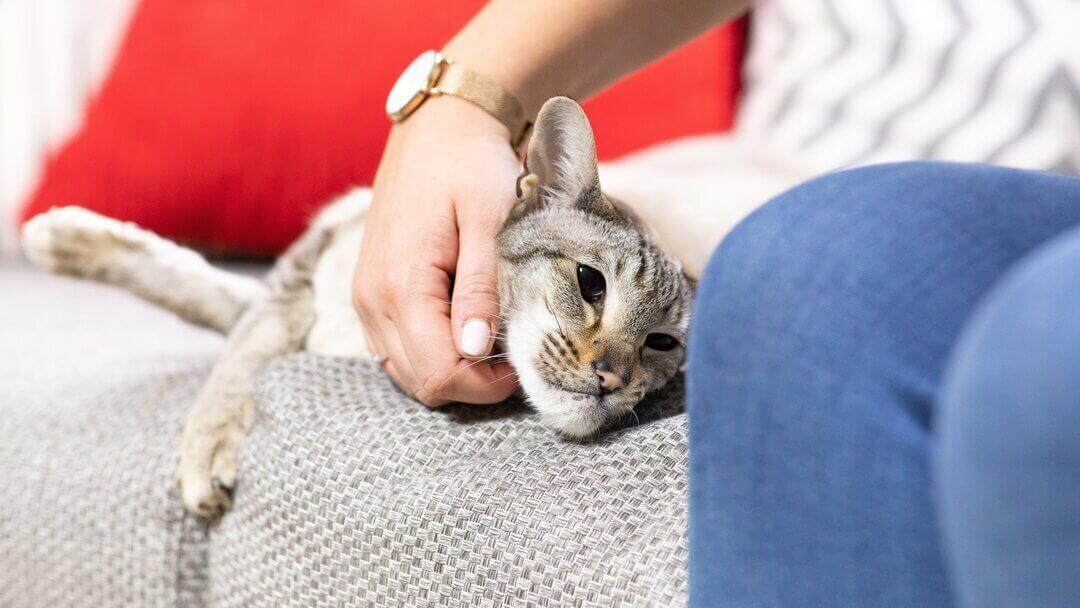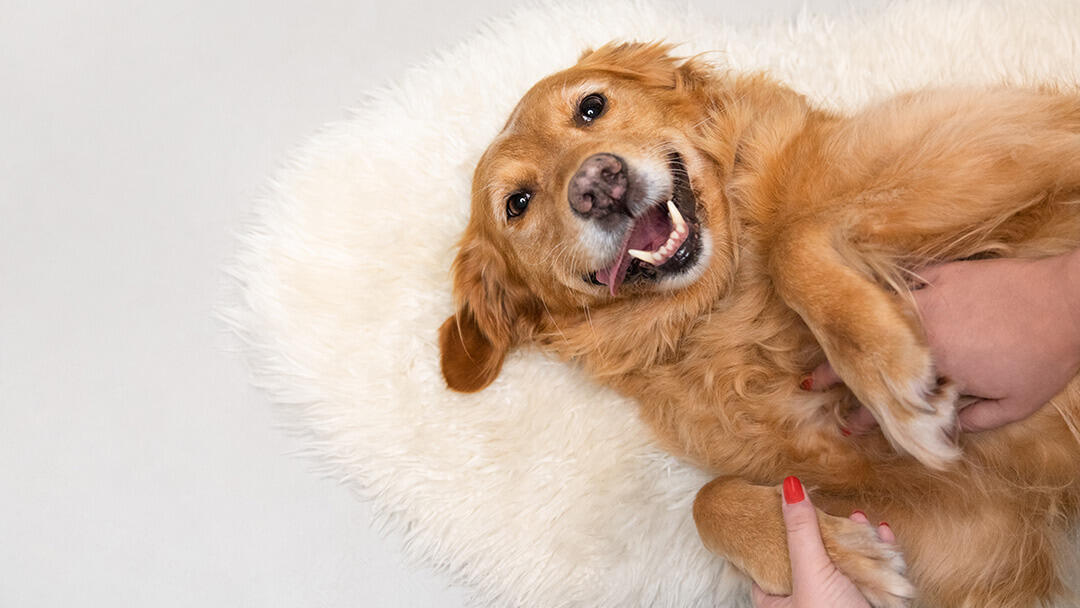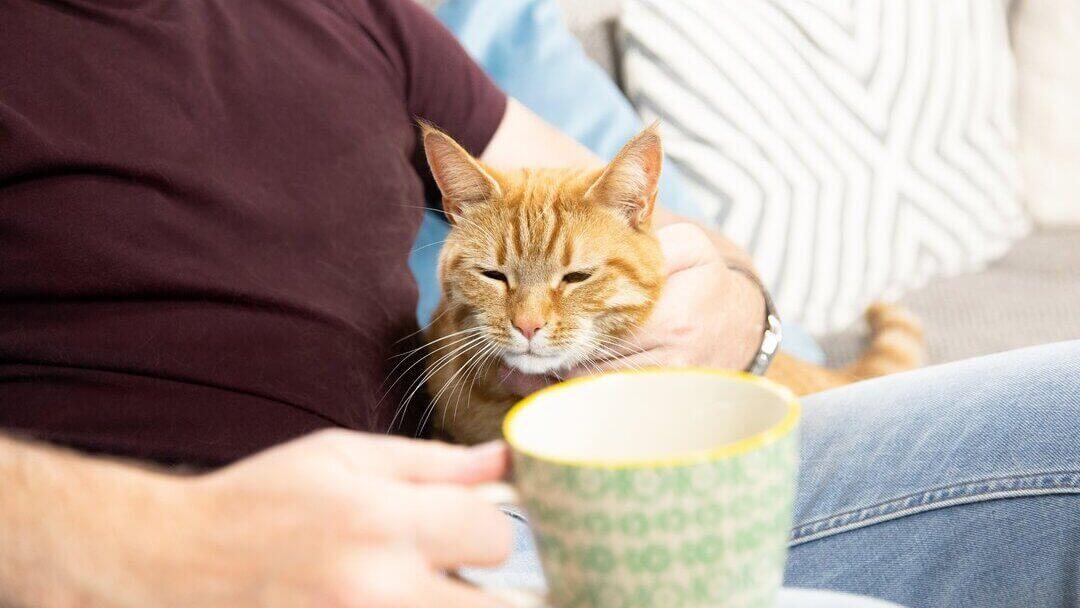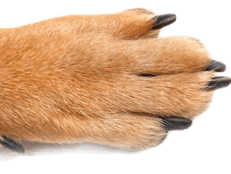
When our beloved dog is no longer in our lives it can be devastating and you might feel unable to cope with the grief, however, it’s important to remember that you’re not alone.
The loss of a dog is an incredibly sad time for owners. Whether they pass away naturally or are put to sleep at the vets, it’s always a stressful and upsetting time. If your dog has been unwell or is very old and naturally approaching the end of their life, you may already have plans in place for their eventual passing. However, even the best-laid plans can be disrupted by external factors or by grief. If you’re struggling with the loss of your dog, don’t suffer alone - always ask for help from an animal-loving friend, family member or veterinary professional.
What often adds to the trauma of the death of a pet is not knowing how to navigate through the whole procedure and even the uncertainty of what to do with their remains. Take some of the stress out of this period with this comprehensive guide on what to do when your canine companion dies and how to cope with the loss of a dog.
What happens when a dog dies naturally?
We usually associate the death of a dog with them being put to sleep at a veterinary surgery. But what happens when a pet dies naturally at home?
It is good to have a plan regarding what you want to happen to your dog’s body when they die. That might be that your vet organises cremation or perhaps you want a more private service. This will make a difference on who you contact when they die.
Make sure you have that number to hand, as when it happens, you need things to be as easy for you as possible.
Remember that such services may not be available on weekends or during national holidays.
Following the death of a pet, their body may still show signs of what can look like life, such as the following:
- Twitching, because of natural nerve spasms after death.
- The release of air from the mouth when moved.
- The release of bodily fluids and gas.
These can all be quite upsetting for owners to witness, especially if they aren’t expecting them. They aren’t, sadly, signs that your pet is coming back to life. They are simply the natural bodily functions and what happens when dog dies naturally.
What to do when your dog dies
It is entirely up to you how you want to manage the immediate aftermath of your dog’s death. You might want them taken away immediately, you might want to take them to the vet or to whoever you want to take care of them yourself, or you might want a little more time with them.
If you want to keep them at home with you for a few hours before having their body taken away ensure you keep them in a cool room, for no longer than 24 hours. If you want to take them to the vet or to your chosen private pet crematorium yourself, you can wrap them in a blanket before transporting them.
Be aware that rigor mortis—the stiffening of joints after death—will begin to set in after around three to four hours.
The options
Your local vet will be very used to dealing with deceased pets and if you wish for this to be handled by them, simply place a call as soon as possible. Your vet should then be able to organise the collection and subsequent cremation, according to your preference.
If you wish for your pet to be cremated, it is possible to organise this yourself rather than going through a vet. Individual private cremation is more costly than the service your vet will usually provide and home burial but gives owners a variety of options when it comes to memorialising their beloved dog.
Crematoriums will return a pet’s ashes to their owner, and these can be stored or scattered according to personal preference. Many owners choose to keep pet’s ashes in an urn or even store them in keepsake items, such as a piece of jewellery. Owners also often scatter their pet’s ashes in some of their favourite places or walks.
Remember that there are various options when it comes to cremation, including communal or private cremation. If you’re planning to use your pet’s ashes for a specific memorial, do bear in mind that although crematoriums do make an effort to keep ashes separate during communal cremations, this isn’t guaranteed.
The cost of cat or dog cremation varies between different crematoriums and the options that they offer. These options depend on a variety of factors, such as the size of the pet and whether a communal or private cremation is preferred. So, how much does it cost to cremate a dog or cat? Overall costs will generally run to over £100 for communal cremations, whereas the cost of a private cremation will be higher and depend on your dog’s size and the services you choose.
Some owners choose to bury their pet at home. This option reduces the cost and gives a final resting place to beloved pets, at home.
If you’re thinking about home burial, it’s important to consider local laws. In the UK, it is legal to bury pets in a garden that you own. It isn’t legal to bury animals in the gardens of rented accommodation, any property that you don’t own, or in public places. If you choose to bury your dog in your garden, check with your vet that their remains are not hazardous to human health before proceeding and choose a place away from water sources.
When burying a dog at home, ensure that their grave is no less than three feet deep (ideally deeper), to ensure that their remains stay covered. You may also wish to mark the burial site with a covering of stone, a headstone, or even a tree or a potted plant.
There are some pet cemeteries around the UK that will provide burial services for pets – often coupled with cremation services.
Cemeteries may also require that bodies be buried in a coffin or other container, which will add to the overall cost.
Pet cemeteries will offer individual plots for pet burial, and you may also erect a headstone or other memorial marker over the gravesite.
Grieving a pet
What to do when your dog dies is just the beginning of a process that can be very difficult for owners. For many, the passing of a beloved pet is similar to the death of a friend or family member, and you should always seek support if needed.
Grieving a pet is always difficult, but there are certain things you can do to help you and your family get through the loss of your dog.
Create a memorial after the loss of a dog
You might find that creating a memorial for your beloved dog helps, like holding a small remembrance service in your garden or planting a tree or plant, either where your dog is buried, or in a favourite spot. This can also help children cope with the loss of their friend, as they watch the tree grow and blossom and remember their dog.
When coping with the loss of a pet, try to acknowledge and explain your dog’s death to children in age-appropriate terms, whilst avoiding confusing euphemisms or underplaying the gravity of the situation.
Most children appreciate honesty and will benefit in the long term from not being misled. Losing a pet can be a confusing time for children who are used to having their dog around them. In light of this, it’s always more constructive to avoid terms such as ‘gone away’ or ‘sleeping’ in case they build false expectations rather than accept the reality of having to saying goodbye.
Share your feelings
Don’t be shy about sharing how you feel. Opening up to someone who has been through the same thing can be a great comfort after the death of a dog. If you’d rather not talk to someone you know, The Society of Companion Animal Studies and the Blue Cross have created a Pet Bereavement Support Service.
Volunteers at the Pet Bereavement Support Service are there to counsel and listen to those coping with the loss of a pet. The volunteers, of all ages and backgrounds, have been through an intensive training programme to help people just like you. They take calls in their own home and will offer a listening ear, even if they can’t be there as a shoulder to cry on, to help you get through this hard time.
You might also want to consider whether your child needs to talk to someone about how they feel. Often children look on their dog as a friend and a confidante, and so their loss can be deeply affecting.
When to get a new dog
This is entirely up to you and there is no ‘right answer’ to this. There’s certainly no need to rush into getting a new pet after your loss. It might feel natural when you are coping with the loss of your dog to want to fill that ‘empty’ space, but it might not help. In fact, it’s often a better idea to give yourself time to fully recover and obtain some closure. If you still feel the loss of your previous pet it could detract from what should be the start of a beautiful new relationship, a time when you and your new friend should be having fun getting to know one another. Pet bereavement will overshadow the happiness of meeting a new puppy or dog, and create unreasonable expectations that they will fill your previous dogs paw prints rather than be allowed to be their own individual.
Any new dog you bring home deserves a chance to develop their own personality and earn your love without living in the shadow of your previous pet, so when you do decide to get a new companion, avoid one that looks too similar. Ultimately, you must do what’s fair to both of them, and that means treating them with the respect they both deserve.
Think positive
It’s perfectly normal to grieve and feel upset when coping with the loss of your pet. You have just had to say goodbye to a much-loved member of your family. If you feel very depressed, you should talk to people who understand what you’re going through. Contact your GP and phone the Samaritans on 08457 90 90 90 (1850 60 90 if you’re in the ROI), or visit them at www.samaritans.org.
The most important thing to remember is that even though you’re going through a difficult time, things will get better – and you’ll be left with countless happy memories of the great times you shared with your pet. For more information on saying goodbye to your dog take a look at our content hubs.



